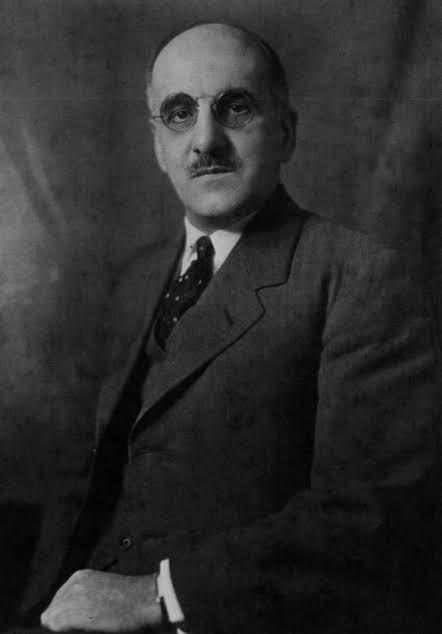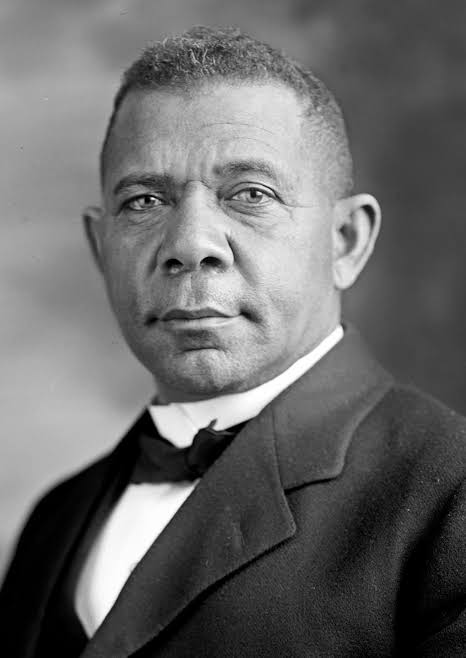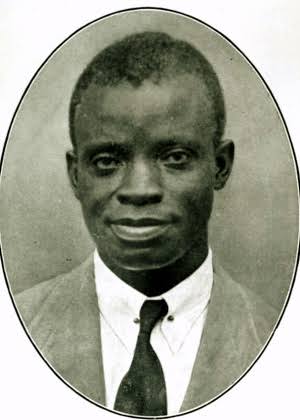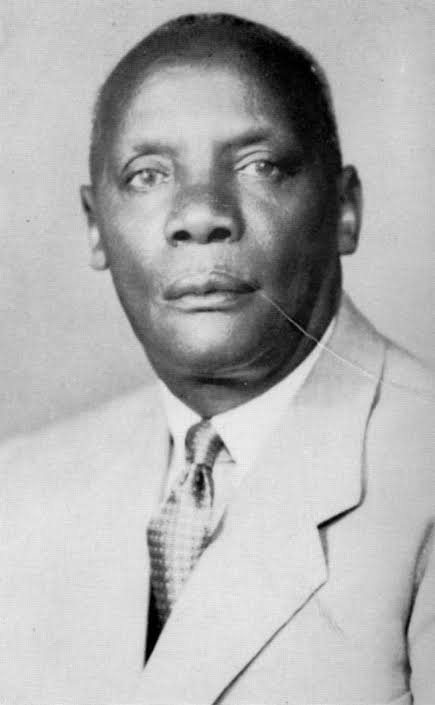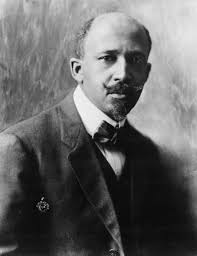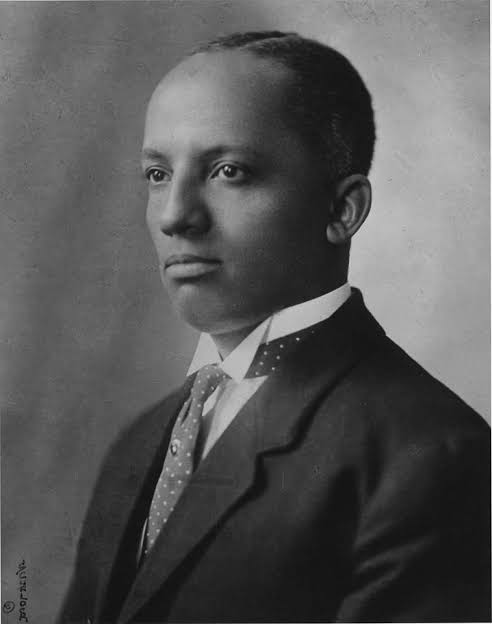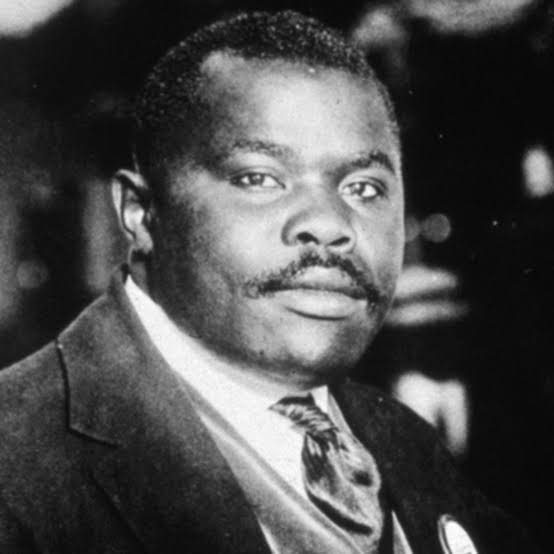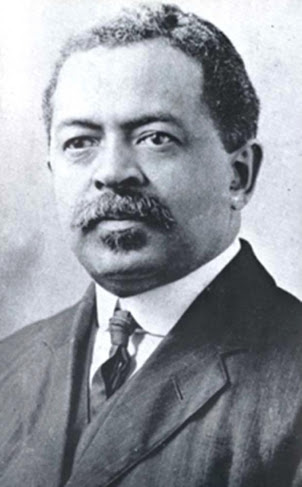The curious history of TVET in Kenya.
A thread.
You have to go way way back to the end of feudalism and beginning of capitalism in Europe.
The way to get workers for the factories is to squeeze them off the land, so that they are forced to seek work in the factories.
A thread.
You have to go way way back to the end of feudalism and beginning of capitalism in Europe.
The way to get workers for the factories is to squeeze them off the land, so that they are forced to seek work in the factories.
The same thing was done to us by the settlers. They lobbied the colonial government to get laws to force people to work on their farms. Hut tax, kipande, forced labor, etc.
I mention Europe because the bourgeoisie and the state made employment mandatory through law and ideology.
I mention Europe because the bourgeoisie and the state made employment mandatory through law and ideology.
In Europe, they were vicious. They massacred women by calling them witches so as to wipe out their knowledge. In those days, women were the herbalists and midwives.
Europe also made unemployment punishable. If you were caught once without work, your forehead got branded "slave."
Europe also made unemployment punishable. If you were caught once without work, your forehead got branded "slave."
If you had slave on your forehead and you were found without work (again), you were executed.
Meanwhile, the church helped with a theology stating that work was service to God.
So by the time the settlers got here, they had centuries-old system that made employment compulsory.
Meanwhile, the church helped with a theology stating that work was service to God.
So by the time the settlers got here, they had centuries-old system that made employment compulsory.
Labor during colonial times was equally cruel. Africans were made to leave their homes to work on farms and in towns. Women forced to work were sexually violated. If you were employed by a settler, you couldn& #39;t leave or change employment without his signature on your kipande.
So in Europe, when they needed workers with skills, they had to control the education so tightly so that all people learned in school was skills for work. Nothing social. This was the "technical" curriculum for the British working class, which they wanted to give Africans.
But there was a problem. The Africans were not just a working class. They were a distinct racial group and they had to know ""their place" in society, both as Africans and as workers. By the 1920s Africans were already revolting. So how to do?
They called the Americans for help.
They called the Americans for help.
This is your hero of TVET. Thomas Jesse Jones.
Jones was Welsh and had immigrated to the US at age 11. He grew up obsessed with education of the Negro. In the late 1800s, slavery had been abolished. America was as confused as our lovely settlers on what to do with Negroes.
Jones was Welsh and had immigrated to the US at age 11. He grew up obsessed with education of the Negro. In the late 1800s, slavery had been abolished. America was as confused as our lovely settlers on what to do with Negroes.
(Negro was the term used then. So please dont distract me with questions about that). So white America needed for Negroes to work and know their place, rather than aspire for freedom. Jones& #39;s mission was to find the education that would do that.
Jones had become friends with Booker T Washington, a black politician who preached accommodation and was quite popular with racist whites. His view was that blacks don& #39;t need more legal rights. All the needed was skills to work and acceptance of their (inferior) place.
Jones& #39;s enthusiasm got him a job with an NGO called the Phelps Stokes Commission. He decided to promote the "know your place technical education" promoted by Booker T at the Tuskegee institute, which Booker T had learned from the Hamptons Institute.
Jones wanted to promote that model of education to blacks worldwide, and now the Phelps Stokes family gave him the clout and money to do it.
So in the 1920s, the British colonial government knocked on his door and Jones came down to British African colonies.
So in the 1920s, the British colonial government knocked on his door and Jones came down to British African colonies.
In the Phelps Stokes Commission visit to Kenya in 1924 was a Ghanaian Christian educator trained in the Booker T tradition called Dr. James Aggrey. The Commission needed to convince Europeans and Africans alike of this project, and Aggrey was the one who convinced the Africans.
Among the mesmerized Africans was Mbiyu Koinange, brother in law to the father of the current president. Mbiyu is reported to have said that he wants to get the education that made him talk like Dr. Aggrey.
Mbiyu, son of a chief, was later educated in elite schools in US and UK.
Mbiyu, son of a chief, was later educated in elite schools in US and UK.
While the Comission were here, they were invited to Alliance High School by the headmaster Mr. Grieve. AHS has dorms named after Aggrey and Grieve.
Tells you something about the mindset or the alumni...
But I digress.
Tells you something about the mindset or the alumni...
But I digress.
Another reason why the British invited Jones was the rising African nationalism. Harry Thuku was annoying the British by not being the good n****r they had given him education to be. He collaborated with Indians, had dissed Kikuyu chiefs of KCA and reached out to other tribes.
Their problem was made worse by the fact that Marcus Garvey& #39;s ideas were teaching Kenya. Story was that Kenyans who could read would eagerly wait for the next copy of Garvey& #39;s "Negro World" to arrive, they would meet, read together, memorize and go to their home villages to share
The whites in the US and here were desperate for technical education not so that blacks could have skills, but so that blacks can know their place. Technical education was like a pacifier. Instead of telling blacks "no education," you give them education that will shut them up.
But this education was criticized and resisted. In the US, the loudest voices were WEB Dubois, CG Woodson, author of "The Miseducation of the Negro," Garvey (of course), and journalist Monroe Trotter. Trotter called Booker T a traitor to black people.
In Kenya, Thuku also criticized the technical education, saying it was designed to destroy African people. However, he didn& #39;t understand the US race politics when he wrote to Tuskegee asking for either Booker T or Dubois to come assist them in crafting an education for Africans.
So TVET hasn& #39;t changed. It is still a project to create a permanent working class that will ask no questions. Kenya has always been the colony of the white elite who are now settling in Northern Kenya. They cant allow Africans who think. https://www.businessdailyafrica.com/lifestyle/profiles/Puma--Steps-to-Owning-Luxury-Lodge-in-Kenya/4258438-5310654-xjimvoz/index.html">https://www.businessdailyafrica.com/lifestyle...
TVET is the revival of a colonial idea. And if you notice, the president is reviving many other colonial ideas, like populating top seats with "pedigree" sons of chiefs from all ethnic groups. It& #39;s the indirect colonial rule policy all.over again. https://twitter.com/surambaya/status/1266340859047563265?s=19">https://twitter.com/surambaya...
The mistake we made at independence was that we didn& #39;t dismantle colonial institutions. We continued with the same churches, same schools, same media. We now have to go back to knowledge, information faith, medicine and arts and uproot colonialism. https://www.theelephant.info/features/2018/08/16/invisible-citizens-branding-kenya-for-foreign-investors-and-tourists/">https://www.theelephant.info/features/...
And I don& #39;t mean purification please. We have to STUDY to understand what happened. As you can see from this thread, there was opposition to technical education from the beginning. Our opposition to TVET now is simply continuing that legacy.
Now you know.
END
Now you know.
END

 Read on Twitter
Read on Twitter